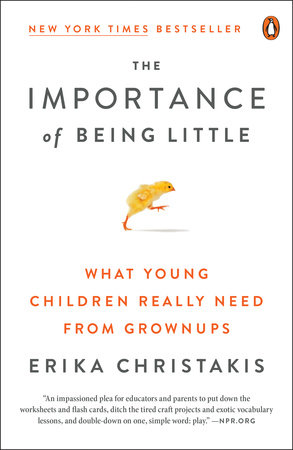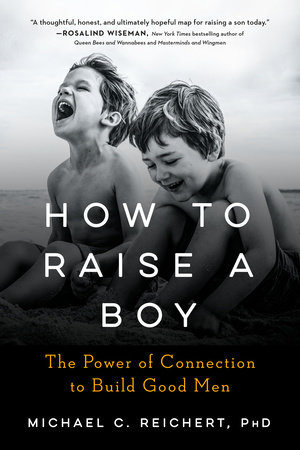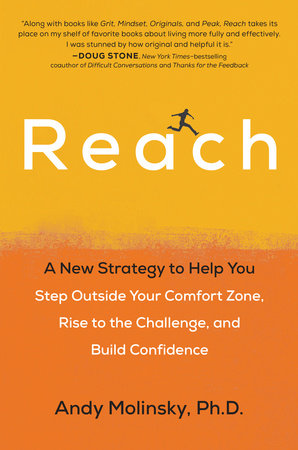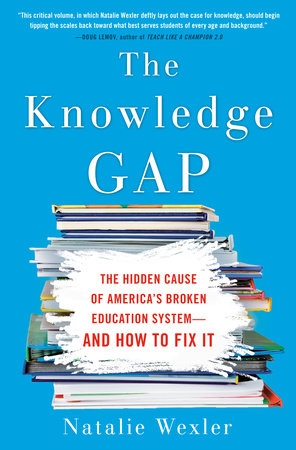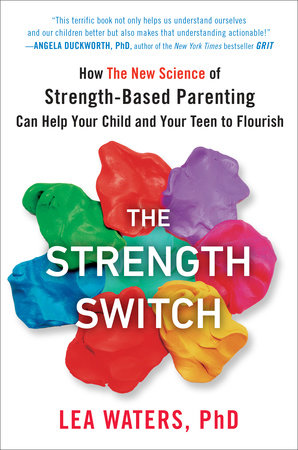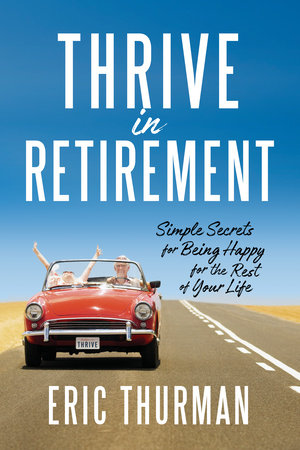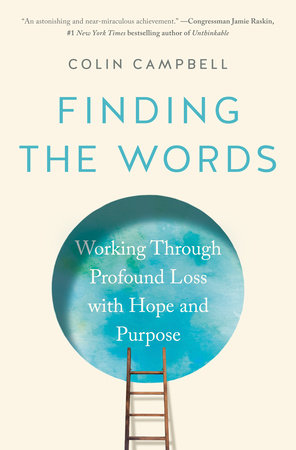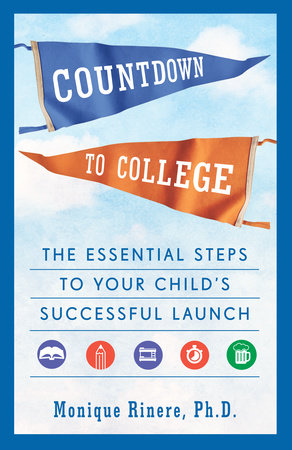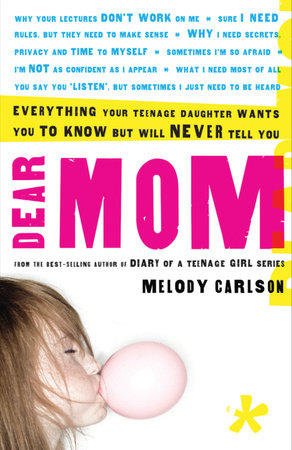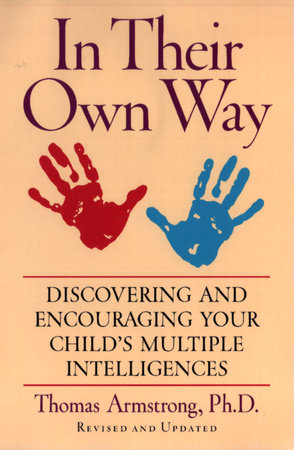Gold medal winner of the Nautilus Book Awards, 2016
“A fervent rebuke of academic-style early education — testing, flashcards and so on — in favor of a more nuanced approach, centered on the child and based on play.”
—The Washington Post
“[Christakis’] new ideas, analysis and methods serve to guide and support teachers, policy makers and parents in understanding the inner lives of children to stimulate their learning and “help young children be young children.”
—The New York Times
“Christakis . . . expertly weaves academic research, personal experience and anecdotal evidence into her book . . . a bracing and convincing case that early education has reached a point of crisis . . . her book is a rare thing: a serious work of research that also happens to be well-written and personal . . . engaging and important.”
—The Washington Post
“What kids need from grown-ups (but aren’t getting)…an impassioned plea for educators and parents to put down the worksheets and flash cards, ditch the tired craft projects (yes, you, Thanksgiving Handprint Turkey) and exotic vocabulary lessons, and double-down on one, simple word: play.”
—NPR
“The Importance of Being Little is a must-read for anyone with a two- to five-year-old, as well as for preschool professionals. In an ideal world, Christakis, a true defender of childhood, would have a national position in early childhood education.”
—Diana Divecha, The Greater Good Science Center at the University of California, Berkeley
“Erika Christakis has her pulse on modern American education, and she wants to help you understand it. She helps explain the doom and gloom so many parents of preschoolers feel about education, providing a much needed context to better understand it—and, hopefully, change it….This mom would encourage any parent of a young toddler to pick up a copy. Arm yourself with the information you will need to be an effective advocate for your child. Her language is accessible, engaging and flows easily. Her research and insights made a believer out of me, while also helping me see a clear path to preserving the childhood I want for my kids.”
–Mom.me
“Written for anyone who cares about preschool education in this country… offers terrific insights into the world of children.”
—BookPage
“Superbly written . . . [Christakis] takes us inside the culture of current U.S. preschools and eloquently exposes parental fears that without ‘strategies’ and ‘toolkits,’ their little Einsteins might fall woefully behind.”
—Science Magazine
“Honestly addressing every aspect of a child’s education, the author’s intent here is not to show how to fix things but to start an exchange that encourages us to think differently about education in the early years.”
—Library Journal (Starred review)
“Sophisticated…Christakis’s rich experience and attentiveness to the details of child behavior and psychology give her approach the power of practical real-world experience.”—Publishers Weekly
“Fresh advice… A deep, provocative analysis of the current modes of teaching preschoolers and what should be changed to create a more effective learning environment for everyone.”—Kirkus Reviews
“[Christakis’s] insights into raising little ones are eye-opening even for the most involved mamas. Actually, especially for them.” –Motherly
“If only adults observed little children with half the energetic curiosity that little children bring to their scrutiny of adults! That, Erika Christakis argues in her wonderful book, is the key to making preschools the exciting and interesting places kids really need. For a guide to keen-eyed appreciation of preschoolers’ amazing powers, you can’t find a better one than Christakis. Read The Importance of Being Little and you won’t look at kids, or classrooms, the same way again.”
—Ann Hulbert, author of Raising America: Experts, Parents, and a Century of Advice About Children
“Drawing on a wealth of research and clinical experience, Christakis deftly diagnoses one of the most urgent problems of our times and offers concrete recommendations for dealing with it, at the heart of which is the startlingly humane recognition that children are usually far more intelligent and perceptive than we assume, and possess hidden powers of imagination, sociability, and self-discovery. Learned, balanced, and hopeful, this compellingly argued and engagingly written work will not only take its place as a standard reference on early childhood education but, because ‘we are all someone’s child,’ will be of great interest to everyone concerned with the future of our nation and democratic culture.”
—Orlando Patterson, John Cowles Professor of Sociology, Harvard, and author of Slavery and Social Death
“A brilliant, altogether original, impeccably researched but also deeply heartfelt call to action. Just as our environment is in grave danger, so is what Christakis calls ‘the habitat of childhood.’ Her advice—practical, authoritative, but offered with the loving, personal concern of the mother and teacher that she is—soars beyond sensible into the realm of wise, disruptive, and irresistible. A tour de force.”
—Edward Hallowell, M.D., author of The Childhood Roots of Adult Happiness and Driven to Distraction
“Teach your children well. It’s easier to sing than to do. Erika Christakis wants to foment a revolution in early childhood education, and with this deeply insightful, scientifically grounded, and utterly original book, she just may get her way.”
—Daniel Gilbert, author of Stumbling on Happiness
“As the experts have bombarded parents with contradictory and ever more demanding advice, childrearing has become more confusing than ever, and the children themselves seem to have been left out of the picture. Parents, caregivers, teachers, and policy makers could have no surer guide through this morass than Erika Christakis. With scientific acumen, irreverent good sense, and a novelist’s eye for human detail, Christakis offers us a judicious view of the new and old realities of bringing up children.”
—Steven Pinker, Johnstone Family Professor of Psychology, Harvard University, and the author of The Language Instinct and The Blank Slate
“Remarkably well-researched, erudite and concise, Erika Christakis offers parents and teachers alike a developmentally informed perspective on how preschool children learn best, along with a no-nonsense prescription for how to get them there. . . . If only we adults with our love for top-down instructional methods and endless proliferation of testing can learn to activate our kids’ innate curiosity, support their natural scientific and philosophical wonder, and simply get out of their way.”
—Jess P. Shatkin, MD, MPH, Associate Professor of Child & Adolescent Psychiatry and Pediatrics, New York University School of Medicine
“One of the most intelligent, compelling, and funniest books I’ve read about children in a long time. Her prose sparkles. . . . Her critique of America’s early childhood programs is sharp, but humane. . . . There’s no underestimating children here: this woman is on their side. . . . Her faith in “these strong, small characters” infuses the book with moral authority, which she wears lightly, revealing her foibles as a professional and parent, and dispensing folksy wisdom from her own vividly evoked childish escapades. . . . [W]e abandon [Christakis’s argument] at our peril.”
—ECE PolicyMatters
“Christakis, offering both research and anecdotal history, covers all the bases: the need for quality teacher training, the dearth of male representation, the effect of low salaries, top-down imposition of ‘nitpicky, decontextualized standards,’ technology and screen-time, social-emotional learning, parent/teacher relationships, and more. Although the author thinks it will take years to turn early childhood education around, she never doubts the innate capability of young children to flourish, at home and in school, when they are given the right support and enough time to do so. Perhaps the most important takeaway from this thought-provoking, timely discussion is that children and adults need to be allowed the opportunity to develop meaningful relationships and to get to know and trust one another, because, as Christakis concludes, ‘the most essential engine of child development is not gadgetry or testing, but deep human connection.’ It’s an observation well worth considering.”
—School Library Journal
“Sometimes a book’s message strikes me as perfect for its time. Such was my reaction to the Importance of Being Little….Christakis makes a powerful, research-based case for why the way we have been educating our young children is not working…I very much hope parents will read her book to better understand what constitutes an authentic and meaningful early childhood education. And Christakis’s message will almost certainly resonate with teachers, administrators, and educational policy makers, as well.”
—Alternet
“Weaving together recent research with real-life anecdotes and analogies, Christakis honors the complexity of young children and helps readers better appreciate children’s vulnerabilities and strengths. . . . Her writing is both accessible and creative.”
—The Christian Century
